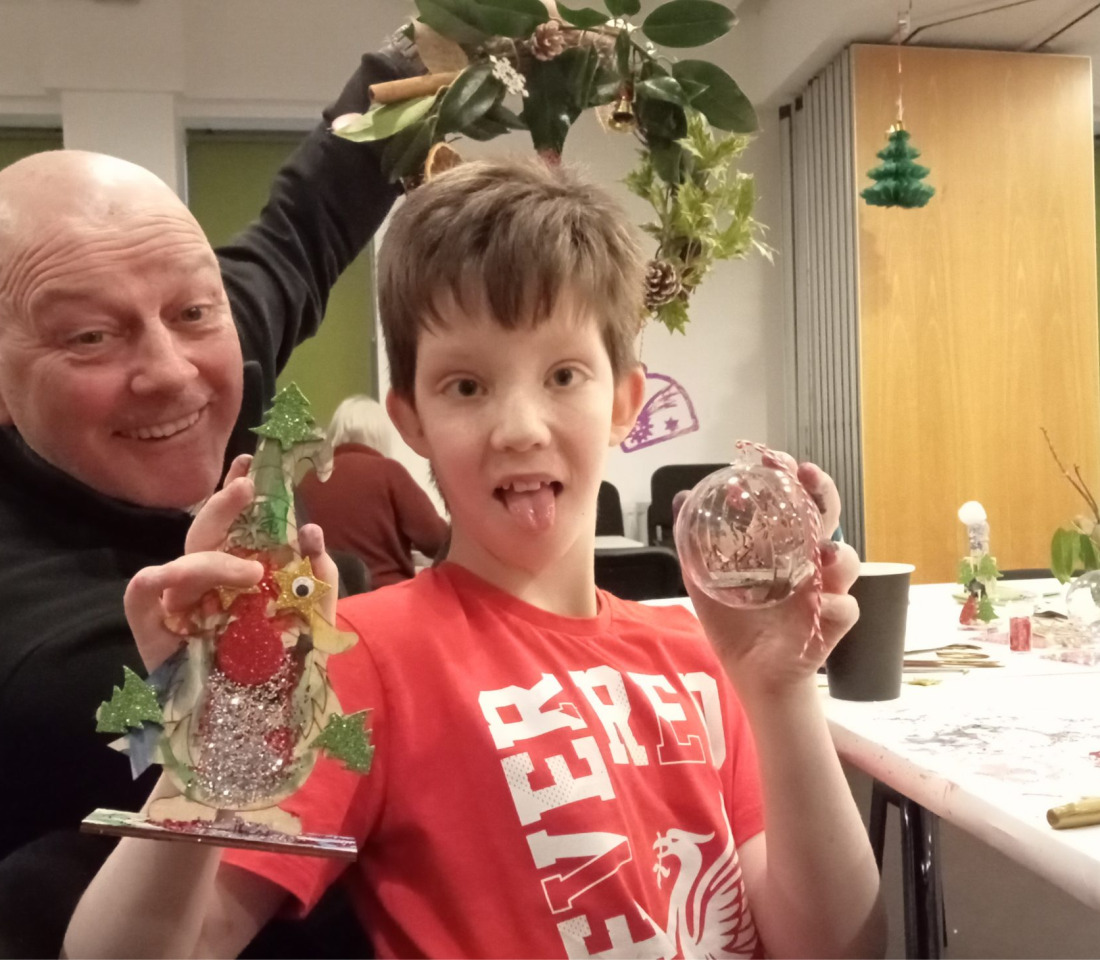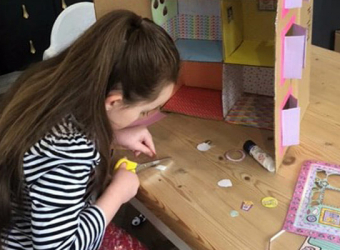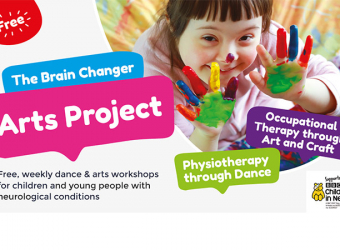
Six things no one tells you when your child is diagnosed with a neurological condition
A mum whose daughter had a postnatal stroke 12 hours after she was born shares her advice
Caring for someone you love can be overwhelming, especially when it involves a life-changing diagnosis.
The Brain Charity caught up with Michelle, whose daughter had a postnatal stroke 12 hours after she was born, which resulted in her developing epilepsy.
Though everyone’s experience is unique, these are Michelle’s six top tips for parents caring for children with neurological conditions that she wishes she had known as a new mum.
Some are specific to parent carers, but many are applicable to all types of caring role.
1 – Google isn’t always your friend
Of course it is important to do your research when it comes to looking into your child’s condition.
Google is certainly the easiest way to find information, but it isn’t always the most reliable.
There are some people out there trying to sell products that they’ll convince you are necessary for your child’s health.
This is where it is important to have a community around you who can help you filter out those with a less than helpful motive for ‘support’.
2 – Be honest with yourself about your emotions
As a parent, it’s natural to have hopes and dreams for your child and often we don’t even realise what they are until we are faced with the possibility that all might not all be possible.
You want your child to have as smooth as path as possible through life, so when you learn your child might not be able to do everything other children might be able to do, grief is only natural.
Every time you get a new piece of information the process feels the same, you grieve for what could have been then remind yourself of the delight of what is right in front of you.
Be excited for the future but at the same time be honest with yourself about your emotions. It’s okay not to be okay.
3 – It isn’t all about what they can’t do
Society has a habit of looking at the world through a ‘deficit-based process’, where we judge people and things by what they can’t do.
Instead, we should look at what they can do and at all the incredible abilities your child has available to them. This will help you paint a mental picture of what they might be able to do, rather than what they might have trouble with doing.
In addition to this, it helps to assume your child either can or will be able to do something and then give them all the support they may need to do it. This helps to cultivate a mindset in both yourself and your child that ‘practice makes permanent’.
Learning to express themselves through art and music, instruments and even dance will help build new neural pathways. These new neural pathways will help the child with their development in the long term. Just one minute a day can be enough to help in spectacular ways so remember, little and often is key.
4 – Support groups can be useful
Support groups can be vital for emotional support and practical help. Some of those at support groups will have already faced the same barriers you are facing and will have great advice or be able to share their experience with you.
However, bear in mind that while the people there are going through a similar situation to you, none of you are going through the exact same thing – what works for them may not work for you, and vice versa.
5 – Work on activities
Talk with your child’s pediatrician or physiotherapist to develop an activity plan of activities to suit your child’s abilities and how often your child can do them per day. For babies, you may be able to start working on tummy time activities and midline crossing activities as soon as possible.
Repeat tasks little and often – less is more (remember neural pathways).
These activities are essential for the development for any child, by setting some time aside to really focus on doing them regularly the long term results you will see from your child will be nothing short of amazing. Make them fun, quick, varied and engaging. Stick with them and the results will speak for themselves.
6 – See the person in front of you
Finally, it’s easy to feel a bit hopeless when you read your child’s report. The way these reports are written may inadvertently encourage you to think your child will grow to be capable of very little.
Your child is capable of incredible things. These reports are important diagnostic tools that help us care for our children and to access funding they may need, but they can’t capture everything about your child; their creativity, their adaptability.
Some extra mini tips:
- Read Babytalk by Sally Ward. This is especially helpful if you feel guilty for being strapped for time with your child because of work or other responsibilities. It reminds us that just twenty minutes of good connection with your child can make all the difference.
- Find a song to listen to that motivates you and reminds to have hope. Play it on repeat when you need to. Mine is “I hope you’ll dance” by Lee Ann Womack.
- Research the term ‘neuroplasticity’. Learn about the plasticity of the brain and teach your child about it when they are old enough to understand. It’s not common knowledge that the brain has an immense adaptability, nor is it common knowledge that there are things you can do to improve this ability.
Need support?
The Brain Charity supports carers of people with all forms of neurological condition. Find out some of the ways we can help you. We have staff stationed in Liverpool Women’s Hospital to help expectant parents and children with neurological conditions.
We also run The Brain Changer Arts Project, which provides OT through art and physiotherapy through dance to children up to 18, with any form of neurological condition, from anywhere in the UK. Sign up here.
Categories: Advice, Guest blogs, Real life stories
Published: 8 November 2021














